Either victory or martyrdom: Gazans vow to stay put in Rafah
Palestinians in Rafah, in which more than half of the Gaza Strip's population have been forced to seek refuge from an ongoing genocidal Israeli war, vow to remain in the city, despite the imminent threat of an all-out Israeli assault.
More than one million people have fled to the southern Gaza city amid the October 7-present war that has so far killed around 28,000 Palestinians, mostly women, children, and adolescents.
Israeli Prime Minister Benjamin Netanyahu ordered the Israeli military on Friday to prepare to evacuate civilians from Rafah ahead of a planned ground operation against the city. Aid organizations, however, say such a move will be nearly impossible to fulfill, given the scale of devastation elsewhere in Gaza, and the huge numbers of people trapped in the besieged area.
In a statement on Saturday, Palestinians in the city asserted that "we will not leave Rafah under any circumstances. We have decided to either die here or return to our homes victorious when the war has stopped."
"We will not leave Rafah. And we will die standing tall. Either victory... or martyrdom," they said.
"On behalf of every displaced person and on behalf of the people of Rafah, we call on all world powers to act forcefully to curb the aggression, stop the massacres, and prevent the Rafah catastrophe."
Philippa Greer, head of Legal Office at UNRWA, the UN agency for Palestinian refugees, in the Gaza Strip, meanwhile, posted on X, underlining the appalling humanitarian condition in the city.
And hi again from #Rafah, where civilians were forced to go, in search of safety (it bears repeating). #Rafah, where 1.4m people are amassed in deteriorating conditions, many displaced multiple times.#Rafah, where the population has already endured intolerable pain,… pic.twitter.com/5Da58dWW2P
— Philippa Greer (@philippa_bear) February 10, 2024
"1.4 million people are amassed in deteriorating conditions, many displaced multiple times," she said, underlining that "the population has already endured intolerable pain, suffering, hunger & fear," and noting that the city suffered from "acute shortages of shelter, clean water, food & medicine."
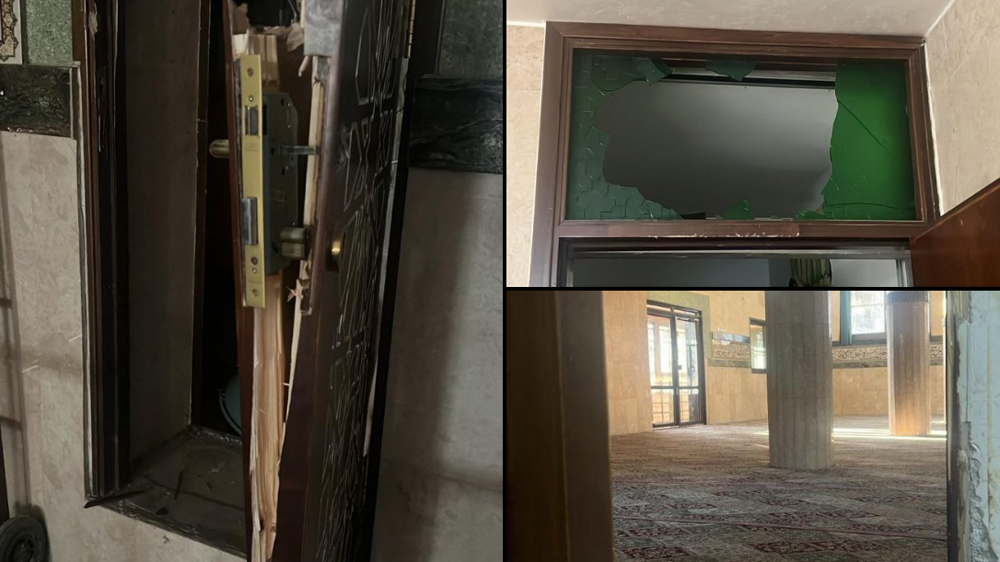
Israeli forces blow off doors of mosque in Nablus as violent raids rage in West Bank
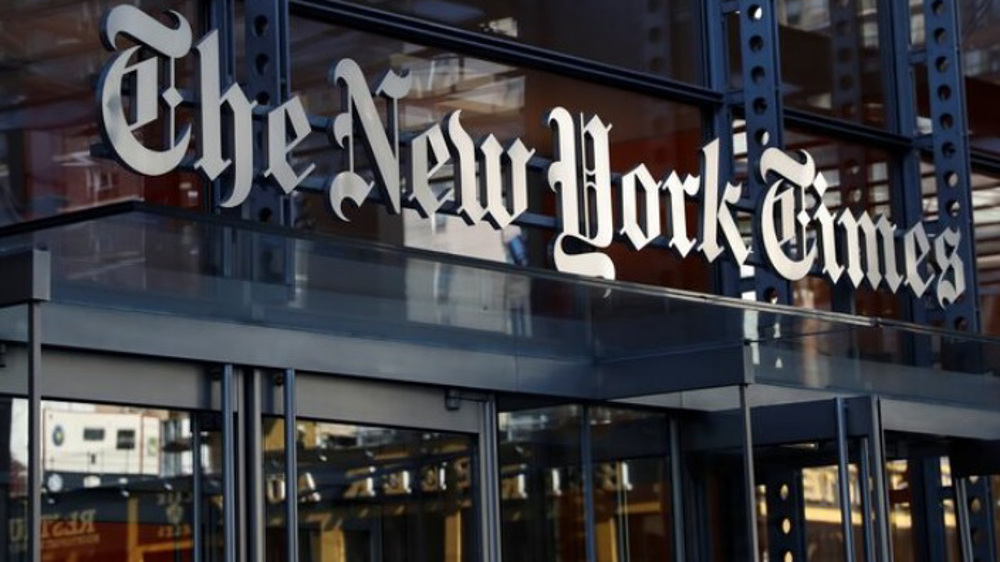
Hamas denounces NYT distortion of Marzouk’s comments on Op Al-Aqsa Flood
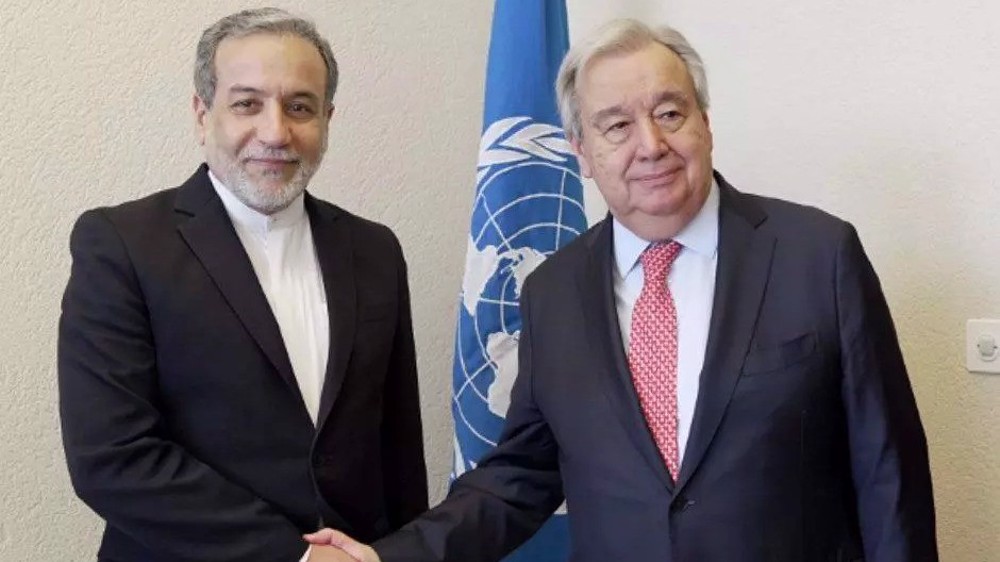
Araghchi tells UN chief: Israel must be held accountable for crimes against Palestinians
Israel’s massacres won’t grant it ‘legitimacy’: Hamas on 31st anniversary of Ibrahimi Mosque tragedy
French leader decries ‘unprecedented diplomatic scandal’ after Israel bars European MPs
VIDEO | Washington’s failed projects
VIDEO | Islamabad exhibition exposes Israeli atrocities in Gaza
Trump rescinds arms sales regulation in favor of Israel, sources say
Iran’s president vows to accelerate cooperation with Russia
Palestinian says Israeli jailers poured acid on him during interrogation
Iran, Turkmenistan seek increased cargo transit via railways


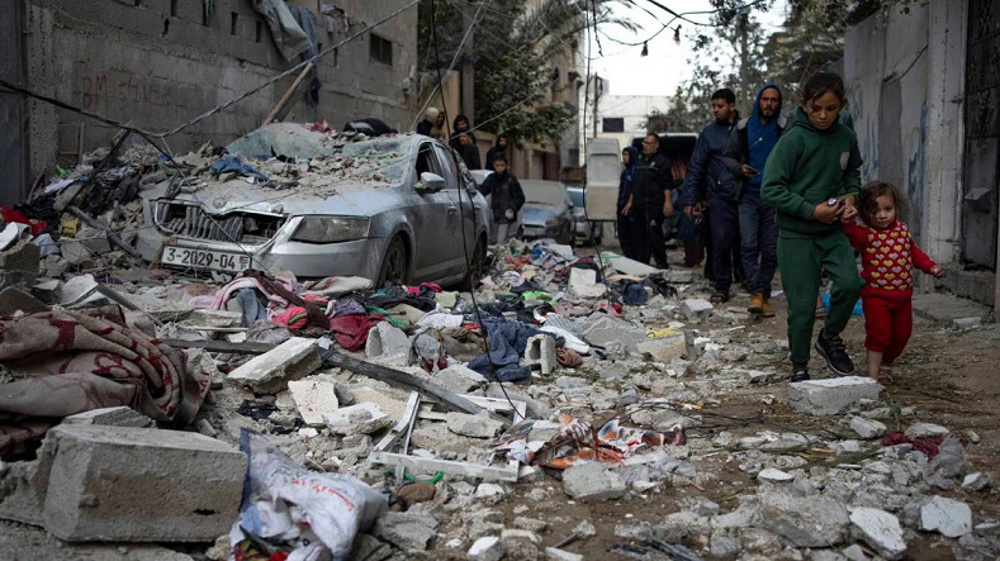




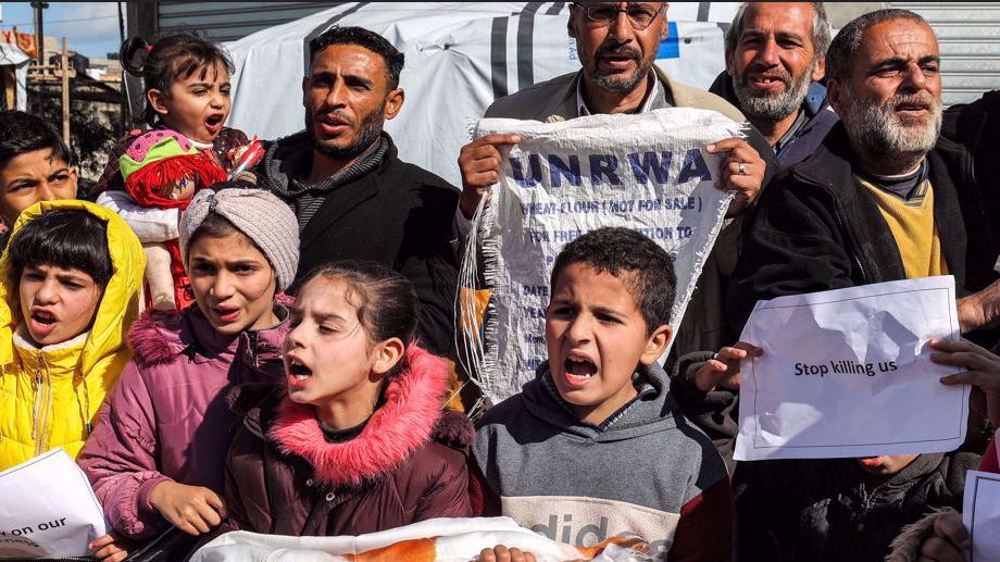
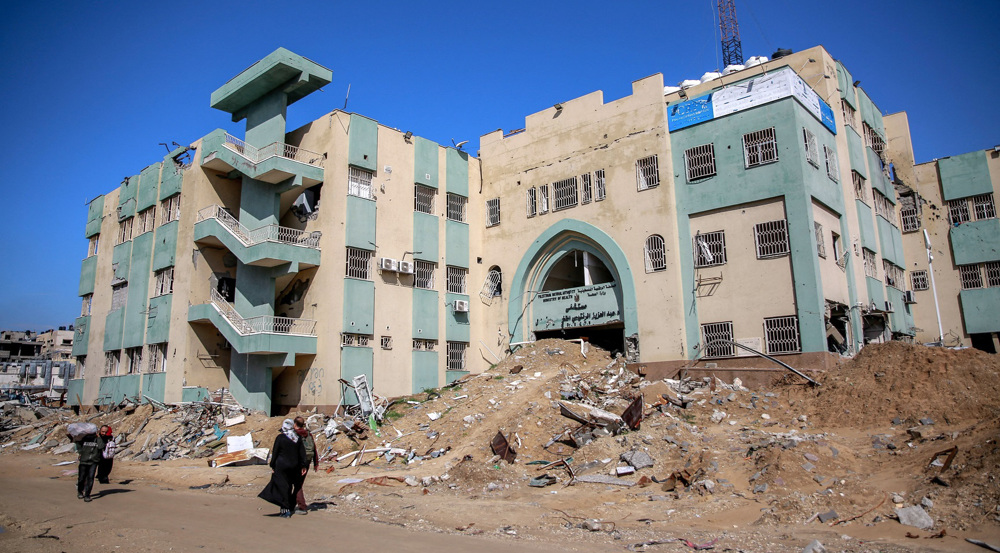

 This makes it easy to access the Press TV website
This makes it easy to access the Press TV website